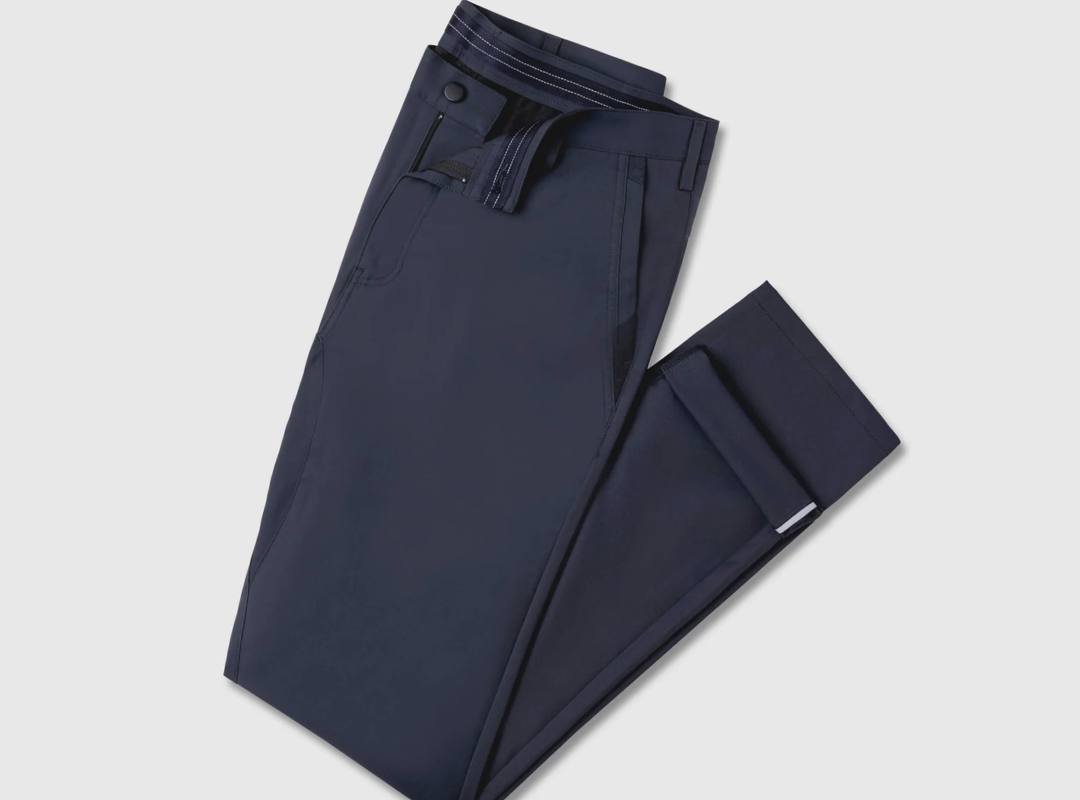Yes, Pima cotton can shrink around 3-5% after the first wash, mainly if washed in hot water or dried on high heat. Shrinkage primarily affects length in woven fabrics, but knits may shrink in both dimensions.
The video below by YouTuber Aaron Cronk is a few years old, but it’s a product review of the Pima Curve-Hem Tee by Cuts Clothing.
Aaron details the shirt’s physical attributes, noting differences such as the white tag, a thicker collar with a distinct material, and a unique stitching style. He describes the fabric’s feel as decent but not extraordinary and highlights its thinness by demonstrating its translucency on camera.
A significant point of interest in the review is the t-shirt’s resistance to shrinking. Despite being worn and washed multiple times, including under high heat settings, the t-shirt maintained its original size without shrinking. This durability and the t-shirt’s lightweight and breathable qualities are noted as positive aspects.
However, Aaron observes that the t-shirt stretches out during wear but returns to its original form after washing.
Best Practices for Washing Pima Cotton
To minimize shrinkage, here are some tips:
- Opt for cold water during washes and select the gentle cycle.
- For drying, air drying or using a low heat setting is preferable.
- Avoid hot water and cranking up the dryer heat to prevent significant shrinkage.
Even with these precautions, some shrinkage is inevitable due to the nature of 100% cotton materials. And if your garment ends up shrinking too much, don’t panic. Soaking it in a solution of baby shampoo and water, followed by careful stretching as it dries, can help reclaim some of its original dimensions.
Differences Between Pima Cotton and Regular Cotton
Here’s a breakdown of the differences between Pima cotton and regular cotton.
| Feature | Pima Cotton | Regular Cotton |
|---|---|---|
| Fiber Length | Boasts longer fibers, typically 1.4 to 2 inches | Shorter fibers, up to 1.1 inches |
| Softness | Exceptionally smooth and comfortable | Coarser feel against the skin |
| Durability | Resistant to wear and tear, may last 30-50% longer | Less resistant to damage |
| Absorbency | Highly absorbent, ideal for towels and moisture-rich uses | Standard absorbency |
| Cost | Higher price, reflects scarcity and quality | More affordable, widely available |
Fiber Length: Pima cotton’s fibers are longer (1.4 to 2 inches) than regular cotton’s (up to 1.1 inches), leading to smoother and more substantial fabrics.
Softness: Pima cotton is softer and smoother, contrasting with the coarser regular cotton.
Durability: Pima cotton is more durable and less prone to pilling, fraying, and fading, potentially lasting 30-50% longer than regular cotton.
Absorbency: It is highly absorbent, making it suitable for towels.
Cost: Pima cotton is more expensive due to its quality and rarity, making up only 3% of global cotton production.














